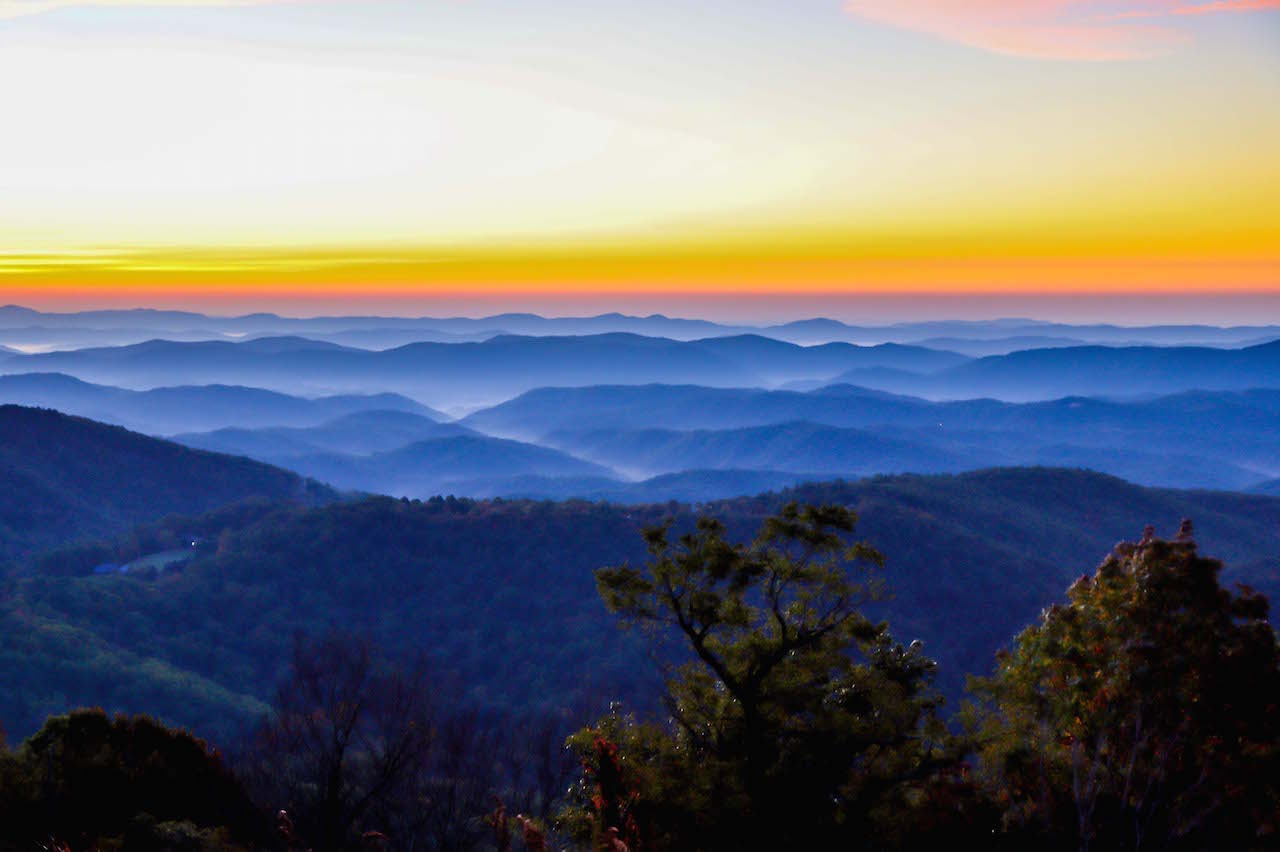France has long captivated the imaginations of travelers, scholars, and connoisseurs alike. Its rich culture, culinary artistry, and multifaceted history provide an endless reservoir of fascination. Here, we explore some intriguing snippets that illustrate why this European nation continues to enchant people around the globe.
1. Haute Cuisine: The Pinnacle of Culinary Artistry
France is synonymous with fine dining and gourmet delicacies. The concept of “haute cuisine” is not merely about taste; it embodies an intricate blend of technique, presentation, and tradition. This culinary philosophy emphasizes quality ingredients and meticulous preparation, often transforming regional dishes into celebrated masterpieces. French chefs like Auguste Escoffier revolutionized kitchens worldwide by codifying cooking practices, elevating the art of gastronomy to unprecedented heights.
2. The Gastronomic Meal of the French
In 2010, UNESCO recognized the French gastronomic meal as an intangible cultural heritage. This acknowledgment underscores not just the food but the ritual surrounding it. Dining in France is an experience to be savored, characterized by leisurely meals that stretch well into the night. It is a time for familial bonding, storytelling, and appreciation of artistry on a plate, encouraging deep social interactions.
3. Language: More Than Just Communication
French is often called the language of love, but its nuances extend far beyond romantic expression. With a vocabulary that is rich and diverse, it is imbued with a profound history that reflects the complexities of French identity. Many phrases emanate from Old French and have evolved over centuries, embodying a richness that adds layers of meaning to daily conversations.
4. Iconic Architecture: A Study in Cultural Evolution
The tapestry of French architectural styles spans centuries and reflects a myriad of cultural influences. From the Gothic splendor of Notre-Dame Cathedral to the ornate elegance of the Palace of Versailles, each structure tells a story. The Eiffel Tower, initially met with skepticism, has transformed into a global symbol of modernity and romance. Such landmarks not only symbolize national pride but also represent the quintessential French spirit of innovation and creativity.
5. A Legacy of Art and Literature
France has long been a nurturing ground for the world’s most renowned artists and writers. The movement of Impressionism altered the course of art as we know it, with painters like Monet and Renoir depicting the world in vivid color and light. In literature, figures like Voltaire, Victor Hugo, and Colette have shaped not only the French literary canon but also the broader landscape of global literature. The cafés of Paris have historically served as melting pots of intellectual discourse, where revolutionary ideas were birthed and nurtured.
6. The Mysterious Catacombs
Beneath the enchanting streets of Paris lies a labyrinthine ossuary known as the Catacombs. Established in the late 18th century, they house the remains of over six million individuals, remnants of a time when cemeteries overflowed into the city. This eerie enclave serves as both a chilling reminder of mortality and an intriguing glimpse into the history of urban development in Paris, prompting reflections on life, death, and the passage of time.
7. The Enlightenment: Seeds of Modern Thought
The French Enlightenment was a major intellectual movement that redefined the boundaries of human thought. Philosophers like Rousseau and Diderot challenged the status quo, advocating for ideals such as freedom, democracy, and reason. Their writings ignited revolutionary fervor, culminating in the French Revolution. This era was pivotal, fostering discussions that would influence political landscapes around the world.
8. Festivals of Light and Color
The French love a good celebration, and their festivals are vibrant reflections of their cultural heritage. Events like Bastille Day on July 14 ignite national pride with fireworks and parades, while the Festival of Lights in Lyon showcases breathtaking illuminations. Such festivities are steeped in tradition and community spirit, drawing both locals and tourists into a shared narrative of joy and heritage.
9. Indigenous Wine Regions: A Toast to Tradition
France is home to some of the most esteemed wine regions globally, including Bordeaux, Burgundy, and Champagne. The meticulous cultivation of vineyards exemplifies the harmony between nature and craftsmanship. French wine production is governed by laws that ensure quality and authenticity, revealing a deep respect for tradition. Each sip tells an intricate story of the terroir—the unique characteristics of the land, climate, and winemaking practices.
10. France’s Influence on Fashion
Paris is indisputably the fashion capital of the world, where style is an art form in its own right. The legacy of haute couture, birthed in the salons of the mid-19th century, continues to be a beacon of creativity and opulence. Designers like Coco Chanel and Christian Dior have set global trends that transcend generations. French fashion encapsulates an essence of elegance that is celebrated annually during Paris Fashion Week, drawing international attention and admiration.
Conclusion: The Allure of Complexity
France, with its rich mélange of history, art, cuisine, and culture, never ceases to inspire intrigue. Each element of French life conveys layers of meaning, drawing visitors into a narrative that extends far beyond the surface. Whether one is indulging in a slice of quiche Lorraine, wandering through the halls of the Louvre, or savoring a fine Bordeaux, the nuances of France continue to enchant hearts and minds.




